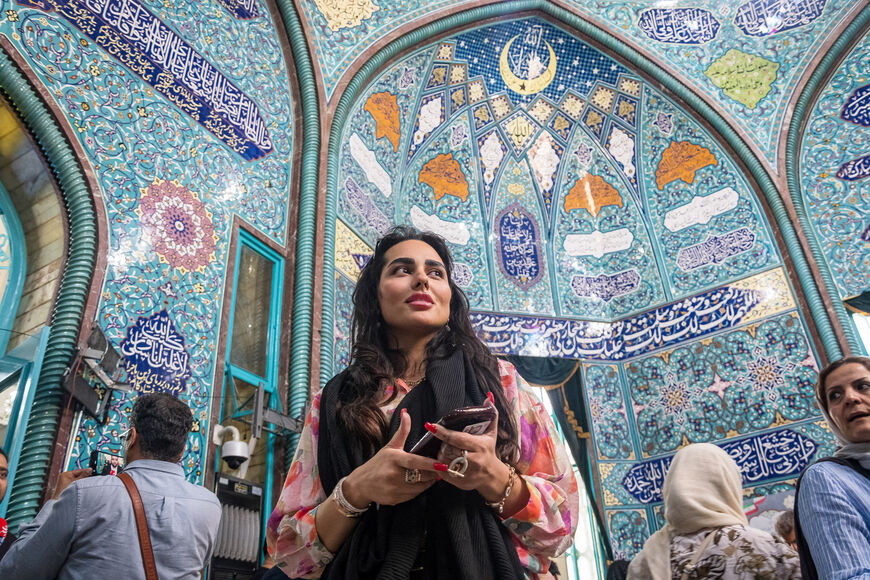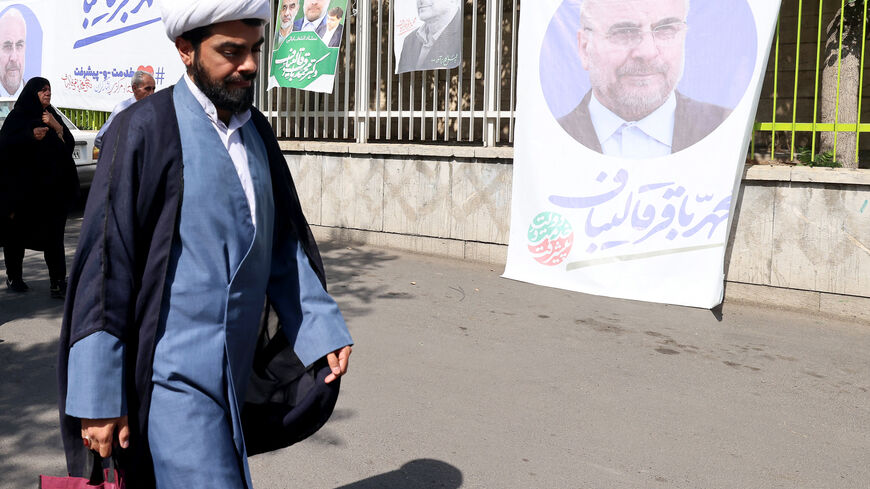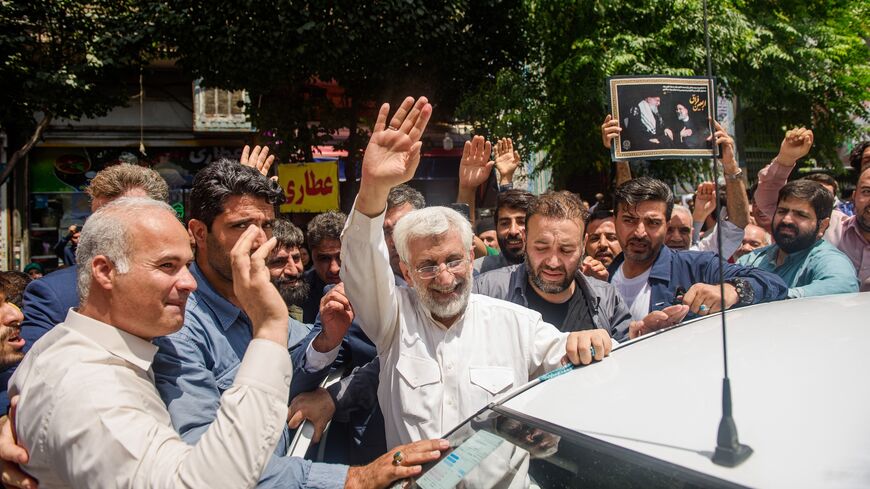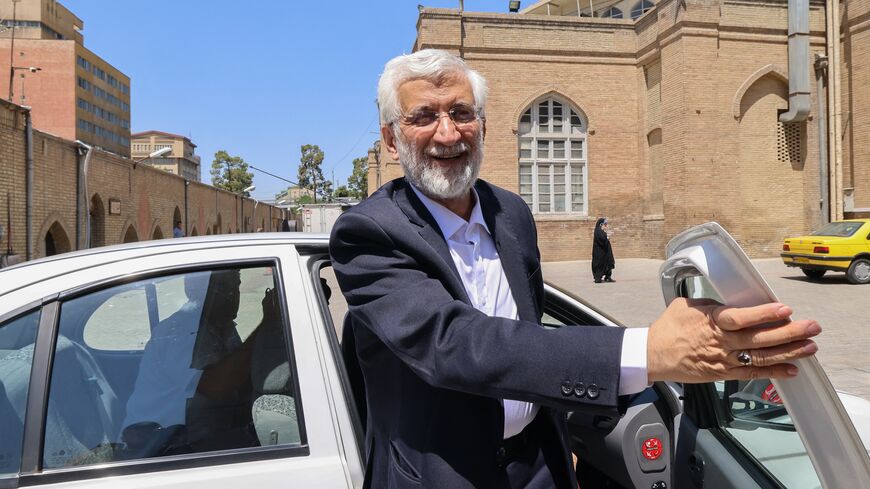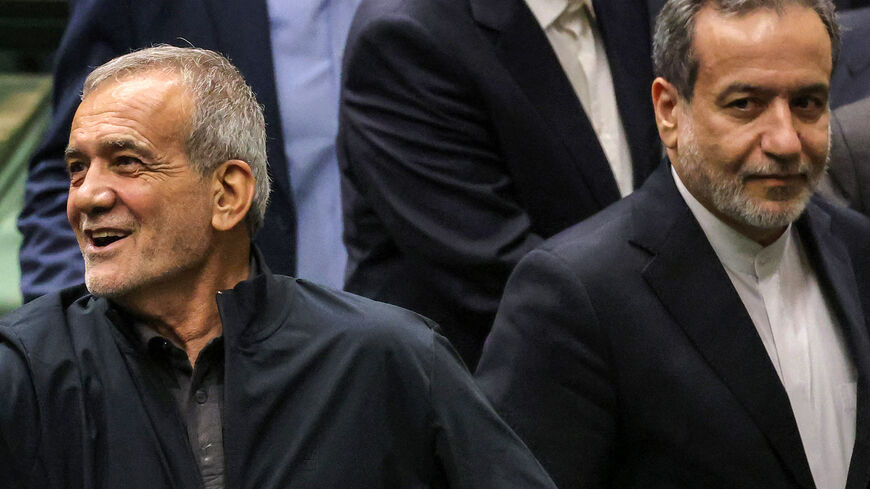Polls close in Iran's presidential runoff: Estimates of nearly 50% turnout
Reformist Masoud Pezeshkian and hard-liner Saeed Jalili faced off in Friday's vote after many Iranians boycotted the first round of the voting.
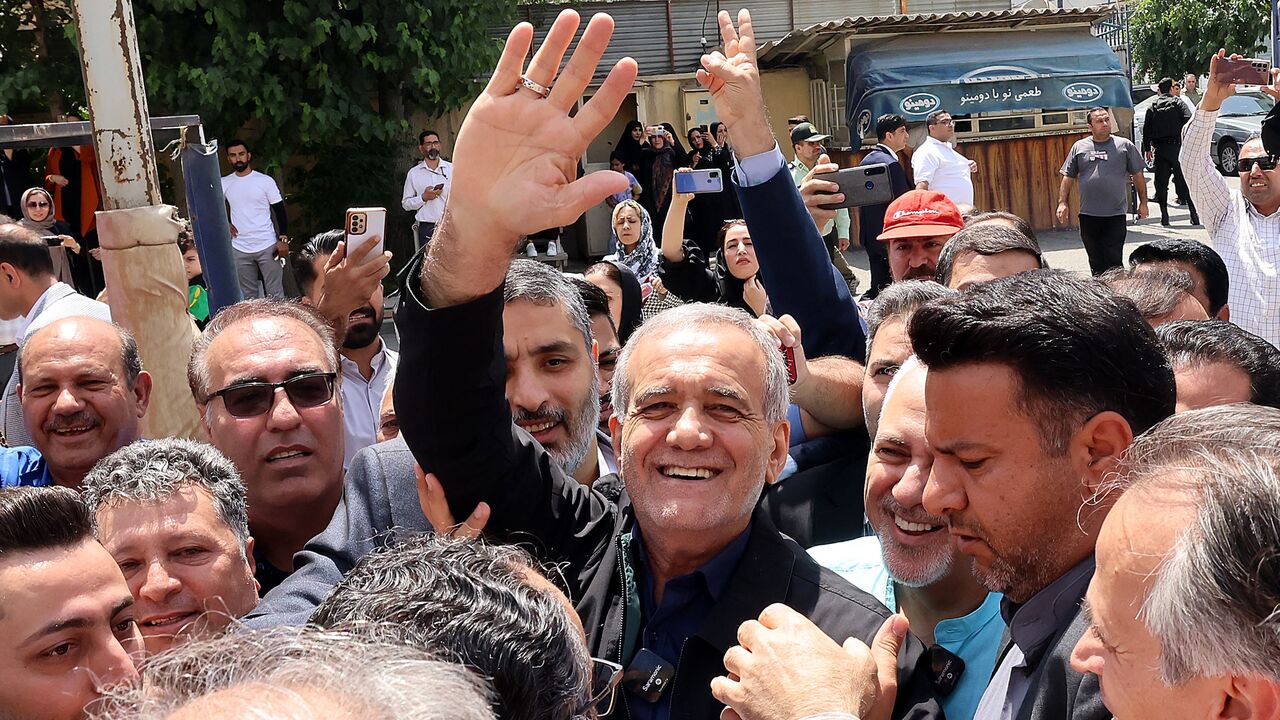
Polls closed late on Friday in Iran’s run-off presidential election, with authorities reporting a higher turnout than the historically low participation in the first round last week.
Iranian media reported that more than 30 million Iranians voted in the run-off. This would make the participation rate around 50%, with more than 61 million Iranians eligible to vote, though exact figures varied shortly after the polls closed.
Authorities extended the voting period three times until midnight local time (4:30 p.m. ET) in an effort to boost turnout, mirroring the hours-long extensions for last week’s vote. Counting subsequently began, and results are expected on Saturday.
Supreme Leader Ayatollah Ali Khamenei casted his ballot and urged Iranians to vote. “I have heard that people's passion and interest is higher than the first round. May God make it this way, and if it is, it will be gratifying,” he said, the semi-official Press TV reported.
Iran held a snap presidential election on Friday of last week. The election was called following the death of former President Ebrahim Raisi in a helicopter crash in May. Raisi’s vice president, Mohammad Mokhber, has been serving as interim president since the incident but did not run himself.
Member of parliament Masoud Pezeshkian received 42.6% of the vote in the first round, while former Supreme National Security Council secretary Saeed Jalili received 38.8% in the four-way race. Since no candidate received more than 50%, a run-off was called between the top two candidates.
There was a record-low turnout of 40% in last week’s vote — the lowest figure since the establishment of the Islamic Republic in 1979.
Pezeshkian is a member of Iran’s Reformist camp, while Jalili is a hard-liner and was a close ally of Raisi. All presidential candidates are approved by the Khamenei-controlled Guardian Council under the Islamic Republic system.
Pezeshkian and Jalili faced off in a debate on Monday. Western sanctions on Iran were a major focus of the discussion. Jalili said Iran does not need sanctions relief to improve the economy, a view that was shared by Raisi, pointing to Iran’s increased oil sales in recent years. Pezeshkian, however, blamed Iran’s struggling economy on sanctions and a failure to negotiate with adversaries, and said the oil sales increased only due to Iran selling at reduced prices, Al-Monitor’s correspondent in Tehran wrote.
The Iranian government has long viewed voter turnout as a measure of its legitimacy. The turnout in the March parliamentary elections was 41% — another record low.
The low turnout in this year’s election follows the nationwide Mahsa Amini protests, which began in Iran in September of 2022. The demonstrations and riots began after the death of 22-year-old Amini. The young Kurdish woman was arrested for allegedly not wearing her hijab properly, and police were accused of beating her. The protests occurred throughout the country but largely fizzed in 2023 amid a violent crackdown by the state.



